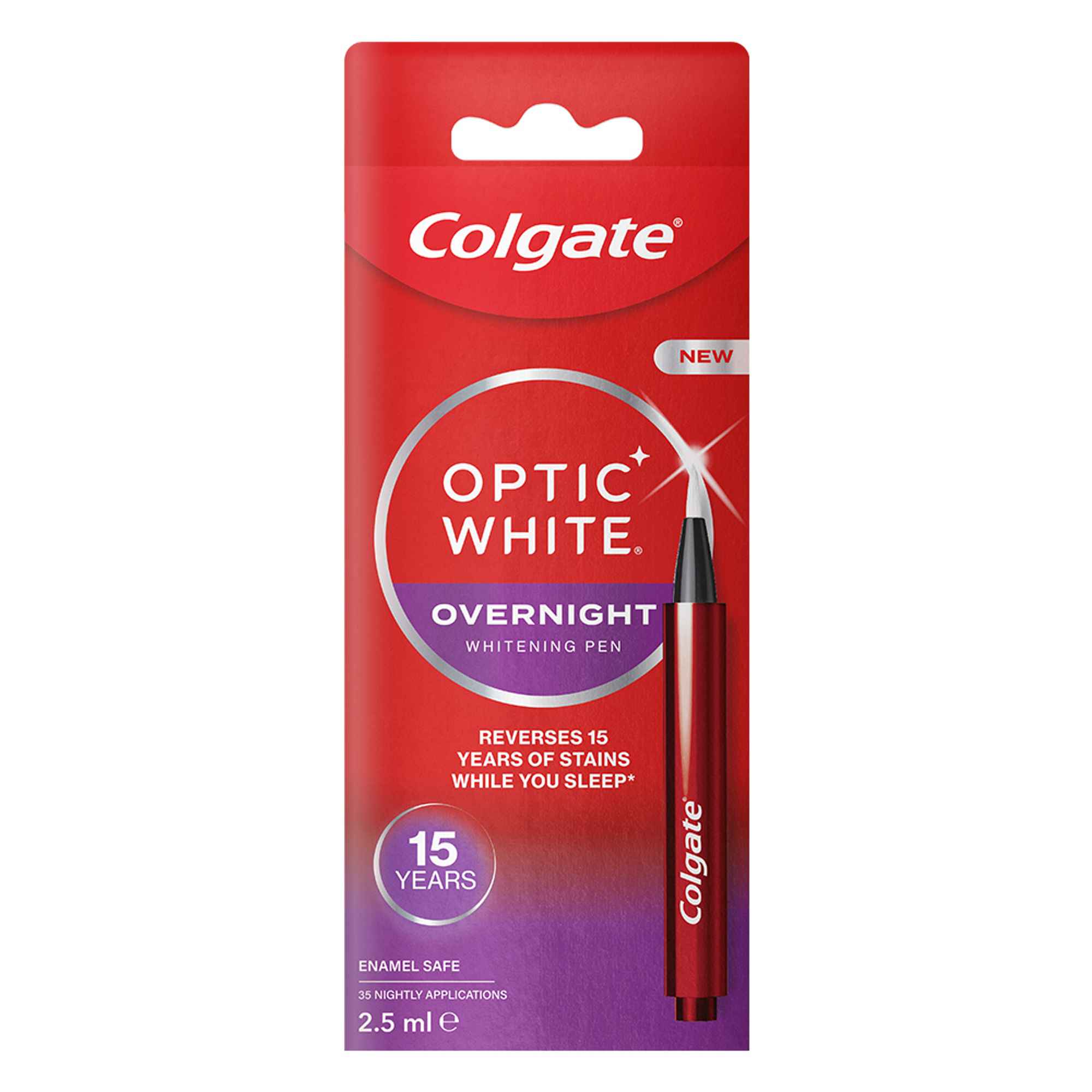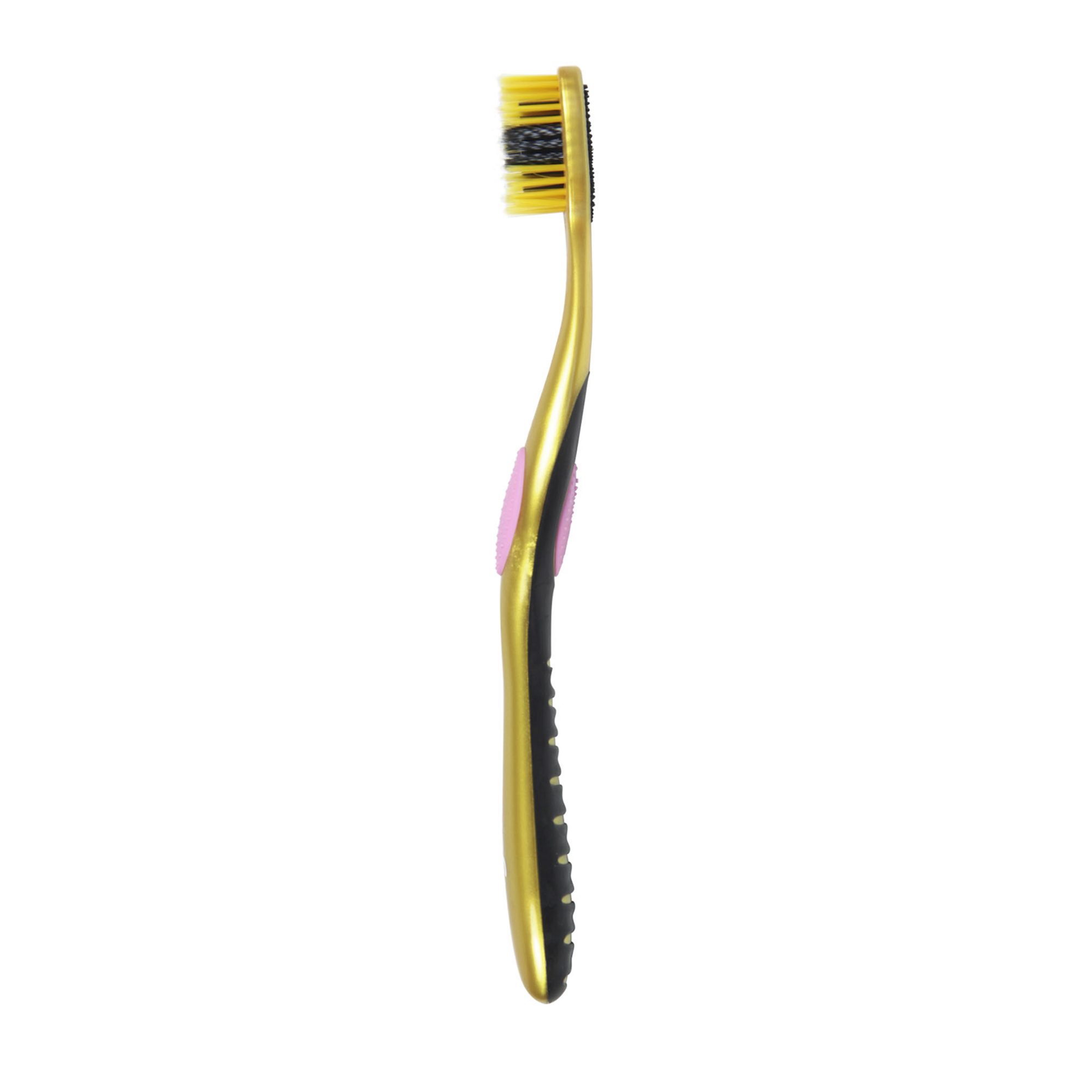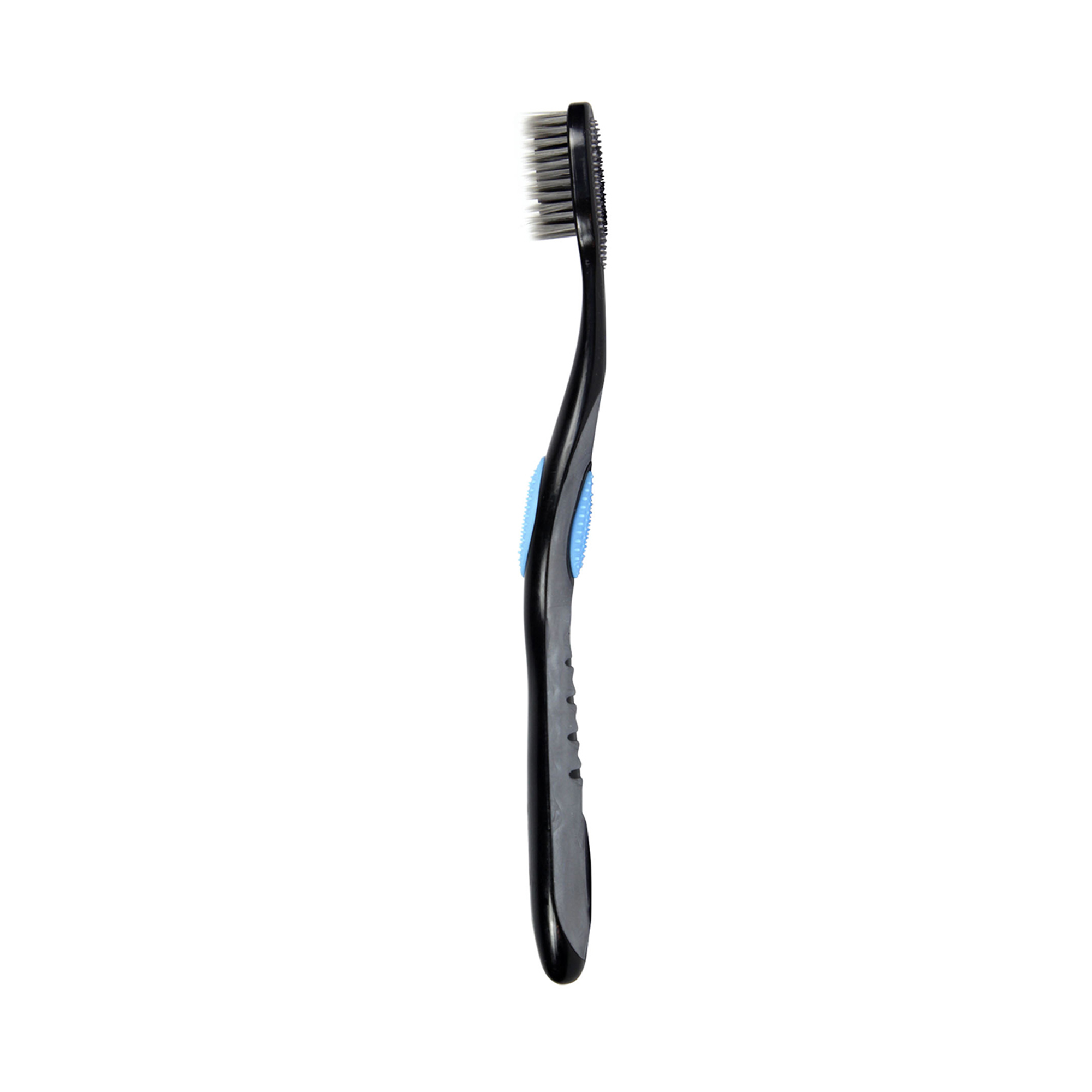Anatomy of the Glossopharyngeal Nerve
The glossopharyngeal nerve stems out of the medulla oblongata, which is at the base of your brain and ends in the pharynx near the base of the tongue. The glossopharyngeal nerve relays sensory information from many structures of the head and neck, provides taste sensations from the back of the tongue, helps with muscle contraction during swallowing, and stimulates saliva flow from the parotid glands.
To help you visualize where this nerve is interacting with your oral cavity and throat, the University of Texas McGovern Medical School explains that this nerve is responsible for sensory fibers in the soft palate (roof of the mouth), the upper pharynx (throat), the tonsils, and the back portion of the tongue. It also controls some motor fibers that help produce saliva as part of the parasympathetic nervous system, the system that's active when your body is resting and digesting. Finally, it helps move the throat during swallowing and talking, according to a review in the Journal of Neurosciences in Rural Practice. Because this nerve includes fibers with motor (movement) and sensory functions, doctors call it a “mixed nerve.”
Identifying Problems With the Ninth Cranial Nerve
Problems with this nerve can seem like symptoms we experience from time to time, but in some cases, these could be signs of a more serious nerve issue. For instance, when you speak, do you sense any hoarseness in your voice, whispering, or nasal tone to your speech? When you take a sip of water, do you feel a choking sensation or have difficulty swallowing? Perhaps you no longer have a gag reflex, or you are experiencing trouble with taste. These sensations can point to cranial nerve dysfunction. If you have any of these symptoms, your dental professional or doctor may ask you to say "ahh" to see if your palate (the roof of your mouth) lifts normally.
Sometimes, problems with this nerve often involve other cranial nerves and cause medical issues and diseases. Conditions like tumors, meningitis, Lyme disease, and Guillain-Barré syndrome can impact multiple cranial nerves in your head and neck.
Glossopharyngeal Neuralgia and Other Conditions
One rare condition unique to the ninth cranial nerve is glossopharyngeal neuralgia. Similar to trigeminal neuralgia, this condition causes sudden, brief episodes of pain. Symptoms may include sharp pain at the back of the throat, back of the tongue, or middle part of the ear. The pain may be triggered by chewing, talking, yawning, or swallowing. This type of neuralgia is sometimes due to an artery or tumor compressing the nerve, but it often has no clear explanation. Glossopharyngeal neuralgia may also be caused by multiple sclerosis.
In rare cases, diphtheria and tonsil removal can cause problems with the glossopharyngeal nerve. Signs of a problem may include tongue weakness or an inability to move or feel your palate or throat. People with Parkinson's Disease may experience difficulties with functions associated with the glossopharyngeal nerve.
Diagnosis and Treatment
If you think you’re experiencing glossopharyngeal nerve damage or issues, contact your doctor or dental professional. They’ll likely ask you to explain your symptoms and perform a clinical exam on your head and neck to locate the source of the problem. Your doctor will examine you for tumors, systemic conditions, and any history of injuries that could have affected your cranial nerves. You may also be referred to a neurologist for further evaluation.
If your facial pain results from glossopharyngeal neuralgia, your medical professional may use MRI scans to assist with making a diagnosis. Then, they will offer treatments such as anticonvulsant medications or local anesthesia. In some cases, surgery can help take pressure off the nerve.
The glossopharyngeal nerve is amazing—it helps you taste, swallow, move muscles, produce saliva, and so much more, playing an essential role in your everyday life. If you are experiencing any numbness or pain in your mouth or throat and can't figure out why, talk to your dental professional or doctor to see if this may relate to your ninth cranial nerve. If not, now you know a little more about this fascinating part of your oral cavity.
This article is intended to promote understanding of and knowledge about general oral health topics. It is not intended to be a substitute for professional advice, diagnosis or treatment. Always seek the advice of your dentist or other qualified healthcare provider with any questions you may have regarding a medical condition or treatment.






.jpg)







